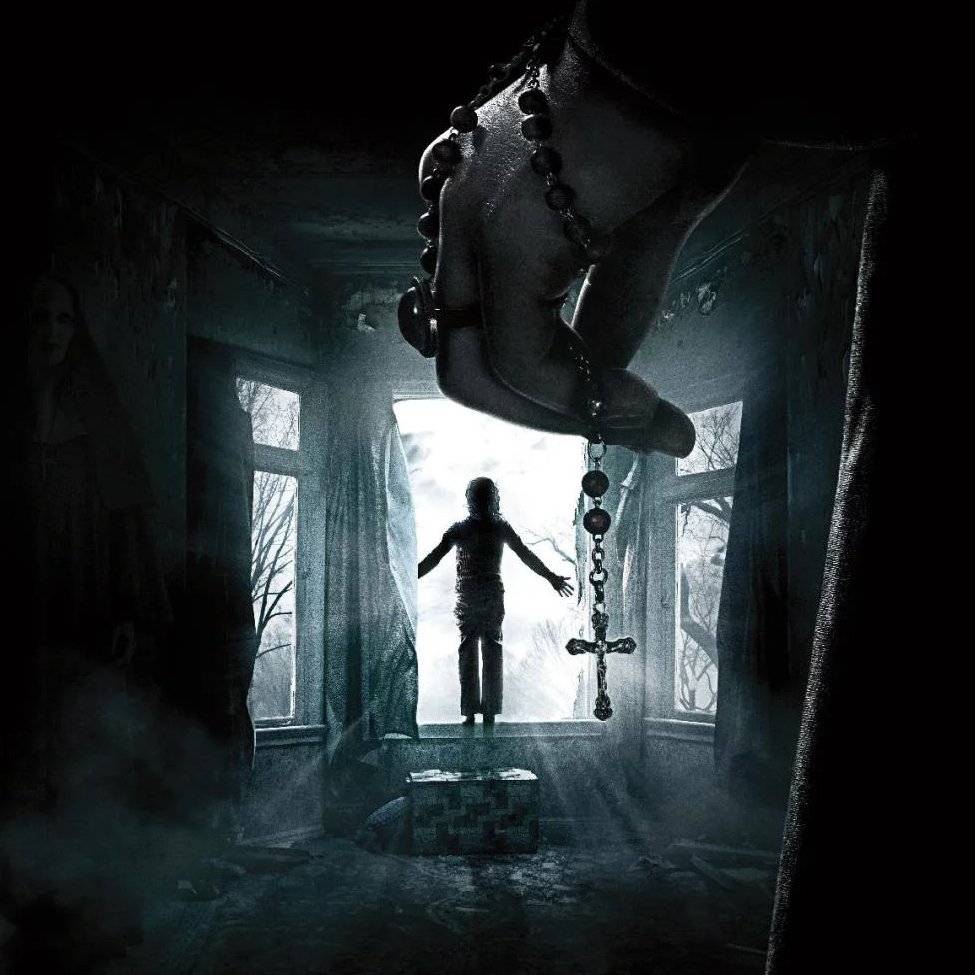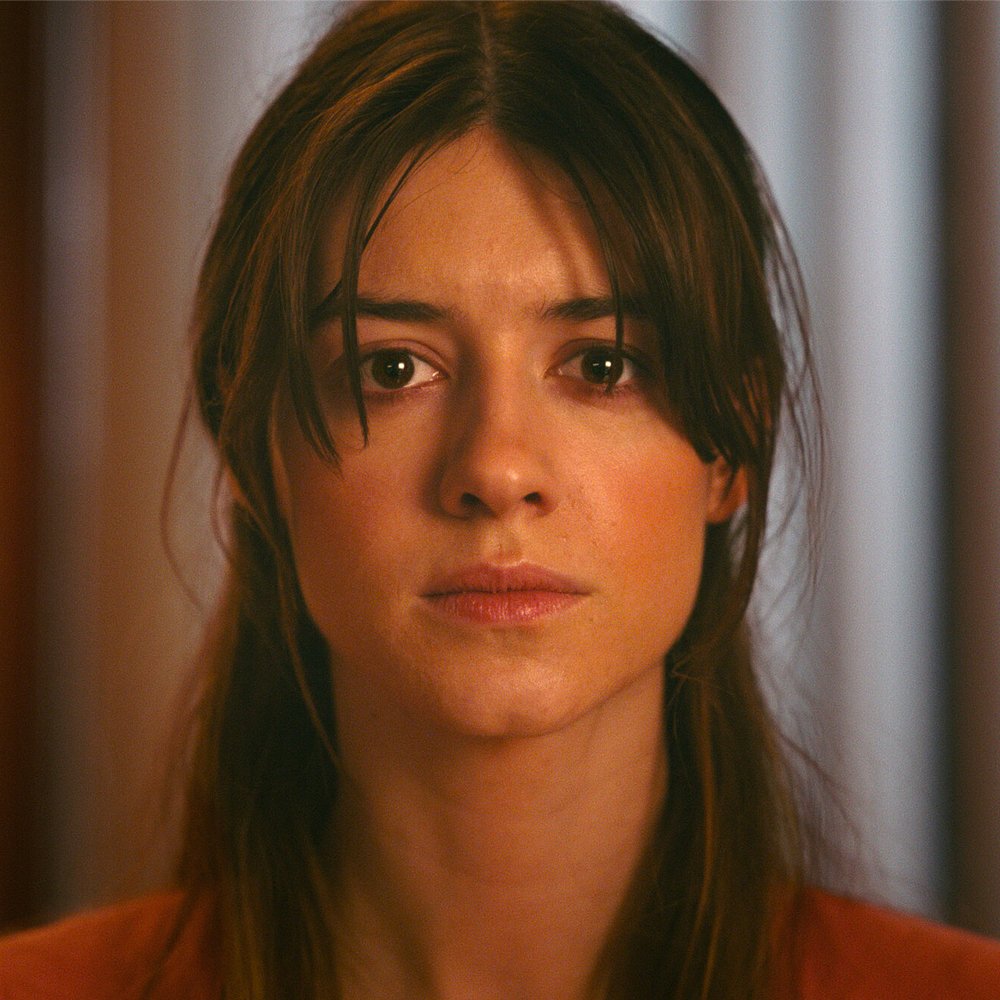October Spotlight: Triangle
Triangle, Christopher Smith’s unique and underrated 2009 psychological thriller, belongs in the same category as Darren Aronofsky’s mother! and Peter Weir’s The Truman Show. In the same way these movies nauseated audiences and made individuals question the reality of their existences, respectively, Triangle is sure to leave any viewer saying, “What the fuck just happened?!” Rather than conjuring fear through cheap tactics and jump scares, Smith cultivates horror through his meticulously crafted plot line, a paralyzing time loop that leaves both protagonist Jess and the viewer’s minds in shambles. Triangle is a terrifying vessel of Sisyphean metaphor — Jess is damned to push the figurative boulder up the hill as she is forever trapped in a horrific cycle of time — albeit having some fundamental flaws.
Triangle opens on an idyllic Florida home. There’s a white picket fence and sprinklers running, but the grayscale color scheme and eerie music tells us something’s off here. Single mother Jess (Melissa George) is tending to her autistic son when she hears the doorbell, but in classic horror movie form, nobody’s there. Soon, inexplicably sans-son, Jess arrives at the harbor for a relaxing day at sea with boat captain (and implied love interest) Greg, boat hand Victor (played by a pre-Hunger Games Liam Hemsworth), snooty couple Downey and Sally, and their friend Heather. The viewer knows by now that this sailing trip can’t end well, and this premonition is confirmed when a poorly computer generated electrical superstorm ravages the sailboat and shipwrecks the cast. They’re left to seek seemingly miraculous refuge aboard a mysterious ocean liner that crosses their path. In a (by now fairly expected) turn of events, the ship turns out to be impossibly unmanned.
This first third of Triangle passes by fairly uneventfully and rather predictably. Smith does little to inspire real unease: the characters are written to have minimal substance (and Downey and Sally are frankly annoying). The disappointing visuals, painfully evident in sweeping shots of the ocean liner and superstorm, ruin the horrifying grandeur these scenes clearly aim to convey. There are, however, some redeeming elements. For one, Melissa George nails Jess’s far-off gaze. Her character experiences a strange wave of déjà vu aboard the unmanned ship, and George delivers lines such as “I know this place” with a terrifying and captivating stillness. In addition, Smith’s gray color scheme works beautifully, draining scenes of hope and instead carrying a dark, foreboding quality. Finally, the soundtrack (composed by Christian Henson) is truly haunting and evocative of a lullaby, which cleverly inspires subconscious angst when Jess talks about her son waiting for her at home.
A review of Triangle cannot fail to include the film’s most compelling element: the painstakingly constructed and beautifully developed time loop. I’ll leave out the intricacies and details of Smith’s impressive, time-bending creation — which sees Jess develop into a full-fledged murderer within hours in order to escape the unmanned vessel— but I will praise Smith; his time loop is so carefully composed that I have yet to find a blaring flaw after five viewings. In other films, such as Predestination, small, logical inconsistencies chip away at the fragile construct of the time loop presented (for example, a newspaper records an event that will never occur in the context of the film). The fantastical element of time flexibility is so believable in Triangle, aided in part by carefully placed details and recurring images, such as Jess’s locket. Thanks to Smith’s clever design, Triangle truly earns its place among other successful “mindfuck” movies.
Beyond its unique depiction of time, Triangle sets itself apart from other psychological thrillers through its nuanced stance on the human condition. The film captures identity crisis to the extreme through its chilling depictions of Jess’s replica selves, and thus, Smith urges the viewer to consider who Jess really is. Can she be defined by the actions of some past or future self? This dilemma reaches a climax when Jess returns home after her nightmarish adventure at sea and discovers a replica self in her house, yelling at and hitting her autistic son. The viewer and Jess alike are taken aback; Jess has no memory of ever performing these actions, and the knowledge that she — or this mirror version of herself — is capable of abusing her child physically pains her. In another scene aboard the unmanned ship, Jess comes face to face with a replica of herself and says aloud, “You’re not me.” But the slight quiver in Melissa George’s voice communicates her uncertainty.
Triangle is by no means flawless — disappointing special effects, undeveloped characters, and a dull beginning weigh down the film considerably. But, buoyed by a strikingly intricate plot line, an intriguing layer of philosophical meaning, and Smith’s incredible attention to detail, this psychological thriller is worth a watch (or five) this Halloween.




























